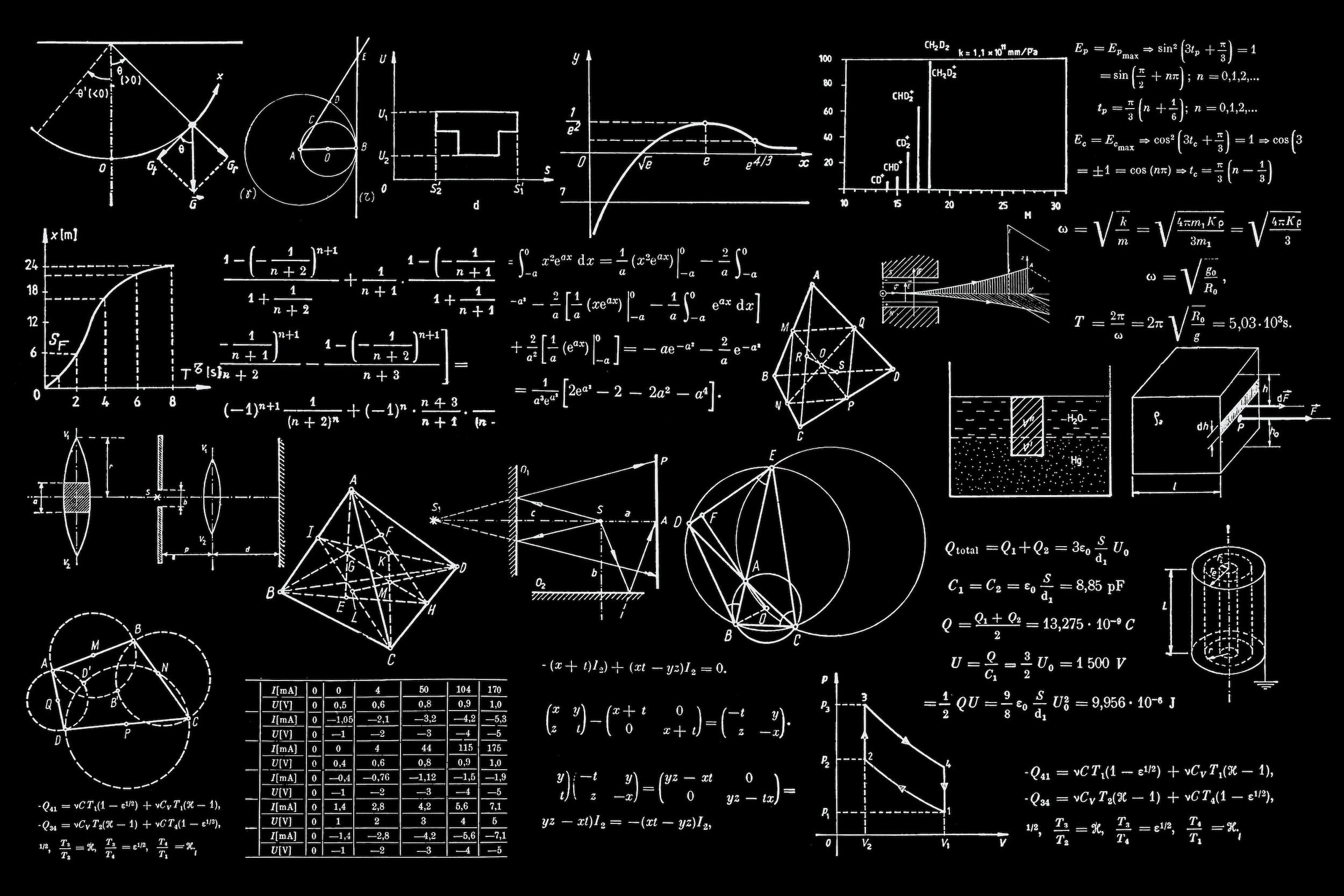The Quantitative Reasoning for College Science Study
OVERVIEW
Much of the dialogue surrounding effective pedagogy for college-level general education astronomy courses has been focused on how best to engender "science literacy", yet students cannot be scientifically literate without also being numerate.
The Quantitative Reasoning for College Science (QuaRCS) assessment is an online multiple-choice assessment administered at the start and end of a semester of general education college science instruction. It is designed to measure levels of and changes in numerical skill and affect. The QuaRCS has been administered to more than 10,000 students at dozens of institutions over the past ten years.
Themes that have emerged from this large dataset include evidence supporting three broad conclusions:
(1) numerical self-efficacy, a perception of math's relevance to daily life, and math anxiety level are strongly predictive of student score on the assessment,
(2) achievement gaps for various demographic groups narrow substantially by compensating for these affective variables, and
(3) the words and cultural contexts used in assessment questions affect their accessibility to students, impacting performance.
These conclusions are important in their ability to inform effective curricular practices in general education science instruction, especially in regard to helping students improve numerical and science literacy levels. They are also an important part of the puzzle in the work that we all must do to reduce barriers to entry to STEM disciplines faced disproportionately by students from historically underrepresented groups.
PEOPLE
PAPERS & PRESENTATIONS
The Quantitative Reasoning for College Science (QuaRCS) Assessment 2: Demographic, Academic and Attitudinal Variables as Predictors of Quantitative Ability
In this article, we explore the ability of demographic and attitudinal variables to predict student scores on the Quantitative Reasoning for College Science (QuaRCS) Assessment. Variables measured by the assessment include: students' academic choices and plans, attitudes and perceptions regarding mathematics, self-reported effort level, and basic demographics such as age, race/ethnicity, gender and disability status.
The Quantitative Reasoning for College Science (QuaRCS) Assessment, 1: Development and Validation
Science is an inherently quantitative endeavor, and general education science courses are taken by a majority of college students. As such, they are a powerful venue for advancing students’ skills and attitudes toward mathematics. This article reports on the development and validation of the Quantitative Reasoning for College Science (QuaRCS) Assessment, a numeracy assessment instrument designed for college-level general education science students.
Ongoing Work
Coming Soon!







